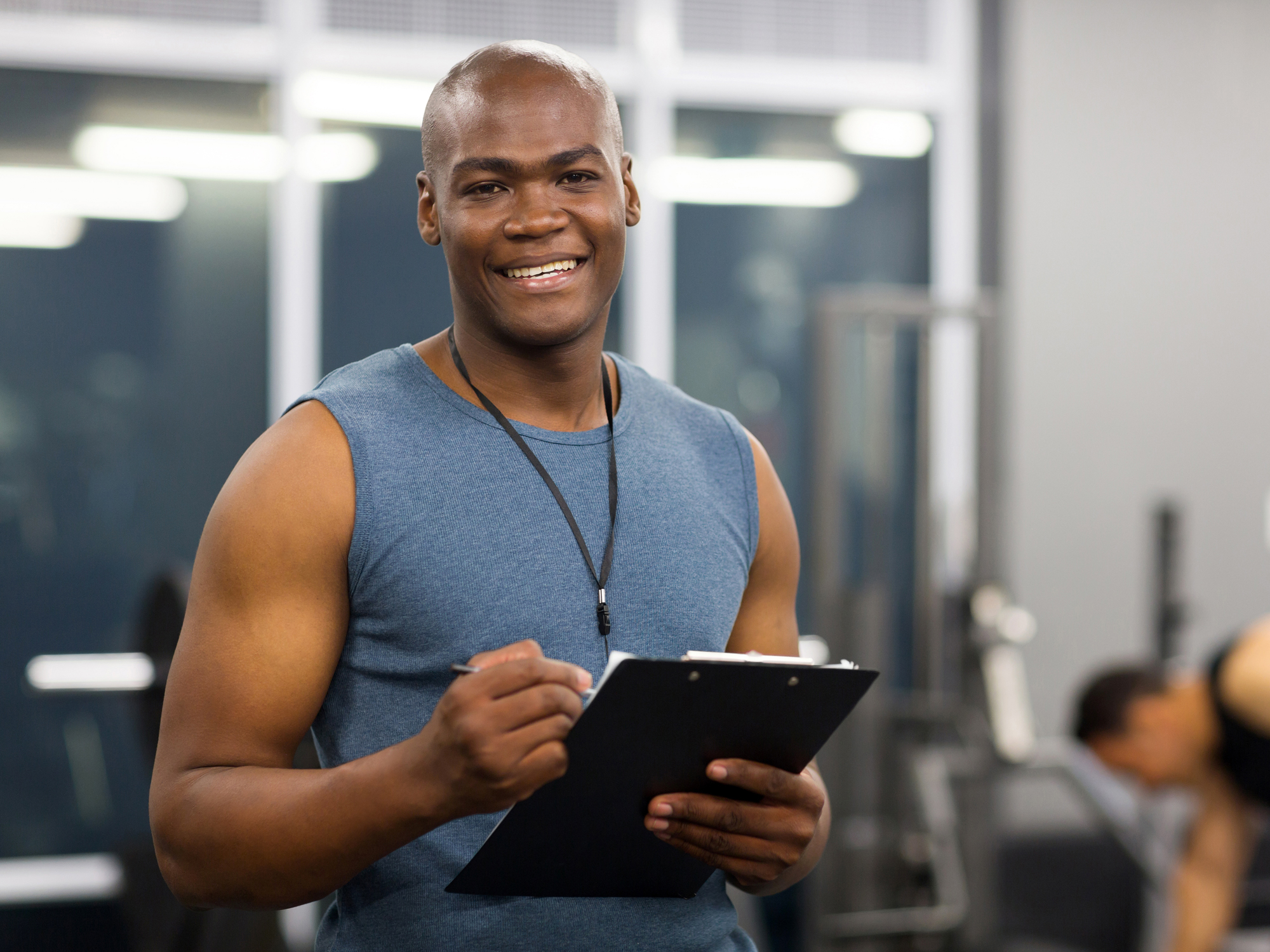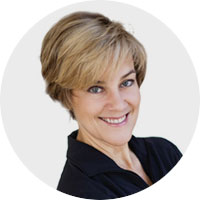Get Easy Health Digest™ in your inbox and don’t miss a thing when you subscribe today. Plus, get the free bonus report, Mother Nature’s Tips, Tricks and Remedies for Cholesterol, Blood Pressure & Blood Sugar as my way of saying welcome to the community!
10 things your personal trainer won’t tell you

The lack of disclosure is not because he or she is intentionally keeping truths from you…
Many of the problem solving skills that come with training come from covering sciences that include not just kinesiology, and physiology but also the endocrine system, nutrition and immunity. And much of it comes from life experience as well as a long history of either research or first-hand experience.
But when I present educational content to trainers about how to help during their clients during hormone transition, I have to share that — with some signs and symptoms — the best solution for a client is to temporarily stop exercise and focus on restoring energy.
Inevitably, at least one personal trainer will resist the idea — because arguably most of us are too inactive. It’s the truth. But the trainer that encourages someone in adrenal fatigue or cortisol burnout to exercise more or harder is only going to make a problem worse.
Eventually, the adrenals can be restored. They’ll bounce back and in less time with the right kind of attention to lifestyle habits. Finding the right personal trainer is key to boosting your results and getting going in the right direction from the beginning. You’re not a text book. So, a text book answer isn’t going to work.
That’s why it’s important to consider the big picture that most trainers do not…
- Hormones, not calories control weight. Then it becomes not a matter of looking at how many calories you’re eating and how many you’re burning. You don’t need that resting metabolism test and it won’t help you reach your goals quite as simply as a math equation. There is an answer. It’s just in balancing your hormones to banish symptoms. By changing lifestyle habits and finding exercise of the right type and timing, based on your symptoms, you’ll see your goal faster.
- Too much of a good thing could make you hold onto weight. Interval training is good. Long slow and low intensity exercise is good. Too much of either is not good. Even the best text book exercise could send hormones further out of balance. The best plan for you is based on signs and symptoms along with your goals.
- You might need a complete exercise break to lose weight. If you’re hormones are out of balance or you’re experiencing adrenal fatigue, a rest before you begin to exercise might be your smartest decision. Dedicate time and energy to improving your lifestyle habits, ones you may have had for a long time and not realized they were having a negative impact on your health.
- Exercise is stress on your body. Usually, when it’s well-planned it’s a positive stress. Yet, if you’re carrying a load of stress that’s too much- between emotional, financial, exercise, or nutrition stress from too few or too few of the right calories… your body is going to break down easier than it’s going to get stronger. Make sure you and your trainer are factoring in your whole life when you plan your exercise program.
- The RDAs are potentially sabotaging your weight loss. If you’ve got thoughts and habits you’ve learned in the past they potentially are limiting your needs today.
- So called “healthy” foods aren’t healthy for everyone. Food sensitivities become more prevalent during hormone upheaval. You may not even realize you’re settling for low energy, or fatigue, until you do some testing on yourself in a systematic way.
- Every exercise is potentially “functional” for someone. Functional is a buzz word among fitness professionals today. Truthfully, any exercise can be functional. As with any exercise you should have a reason for doing it. It should directly tie to the benefits or outcome you want.
- No matter how many sessions you have or calories you slash you won’t lose weight if you’re not sleeping or you’re uber-stressed. Lifestyle habits play a big part of your overall results. You can’t outrun a poor diet, or a habit of hacking your sleep to get more done.
- If he/she gets you the fast results you want you’re going to lose as much muscle as fat and if you gain it back (because you can’t keep going at the same pace) you’ll gain back all fat. The extreme exercise programs that promise rapid results usually have extreme side effects.
- He/she doesn’t really know if you need three meals and no snacks or five small meals a day. Trainers sometimes follow a philosophy they prefer, potentially the one that works for them. A thorough review of your needs, past experiences, current habits and signs and symptoms should determine what you do. Some hormones respond best with three meals and no snacks. It should be based on your needs and tested with you.
So how can you guard against advice that may not be personalized to you? Know yourself. As a woman flipping 50 you are unique and your approach to fitness is unique. Look for advice made especially for you, like my 10 ways to boost weight loss after 50, and more that I’ll be providing each and every week. And don’t forget to check out Flippin50TV.












